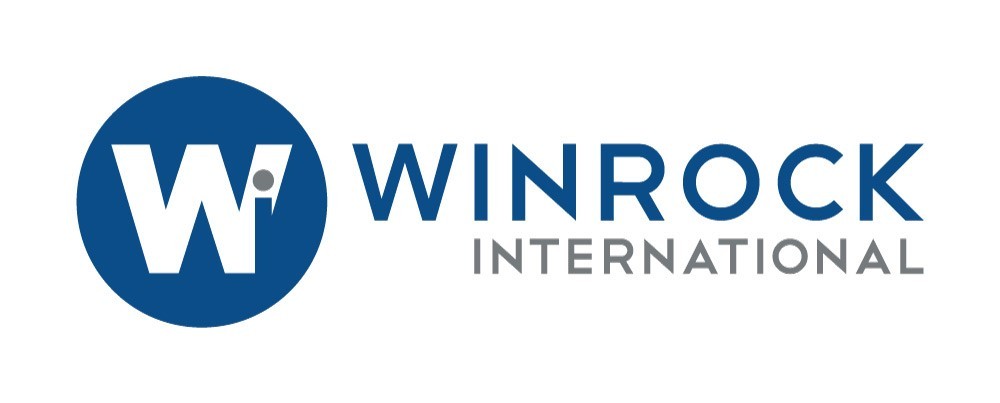Agricultural extension is no longer the sole domain of the public sector in low- and middle-income countries, with multiple nongovernmental organizations, donor-funded projects, producer organizations and private firms all providing a range of advisory services to smallholder farmers. Local agribusinesses, private farm advisors and input suppliers, as well as large multinational companies with global supply chains have long provided extension and advisory (EAS), but their roles have changed over time. The importance of private sector extension has increased due in part to declining investments in publicly funded EAS. The increased need for EAS to support smallholder farmers to adapt to climate change calls for new partnerships between different actors in the agricultural sector. These developments raise new questions about the evolving role of private sector extension, including:
- What are the strengths and weaknesses of private sector extension
- What challenges and barriers do private sector extension providers face and how are these being addressed?
- How can private sector extension improve and broaden client targeting?
- What role can different types of private sector EAS play in meeting the needs of resource-poor and marginalized farmers who are most impacted by the climate crisis?
- What changes in the enabling environment are needed to incentivize private sector EAS to promote climate responsive approaches?
- What are funding options for private sector EAS?
To address these and other questions about where private sector extension fits in the broader agricultural service provision landscape today, the USAID Enabling Farmers for Agricultural Transformation project is organizing a webinar: “How can private sector extension drive climate-resilient agriculture?” Panelists will discuss private sector led approaches and practices in extension, draw lessons about expanding private sector extension and offer suggestions for future investments in this sector.
The EFAT project, implemented by Winrock with funding from USAID, hosts learning events to share experiences, best practices and lessons learned on strengthening agricultural extension and advisory services and systems in low- and middle-income countries.
Target audience: Extension professionals and others working in the agricultural sector globally.
Moderator: Elizabeth DeFreest, Private Sector Engagement Officer in USAID’s Bureau for Resilience, Environment and Food Security
Panelists:
Kristin Davis, International Food Policy Research Institute
Piet van Asten, Olam Food Ingredients
Ben Odoemena, Feed the Future Nigeria Agricultural Extension and Advisory Services Activity, Winrock International
Register here: https://us06web.zoom.us/webina...503KYw#/registration
More information can be found here: https://winrock.org/efat-webinars/


Comments (0)